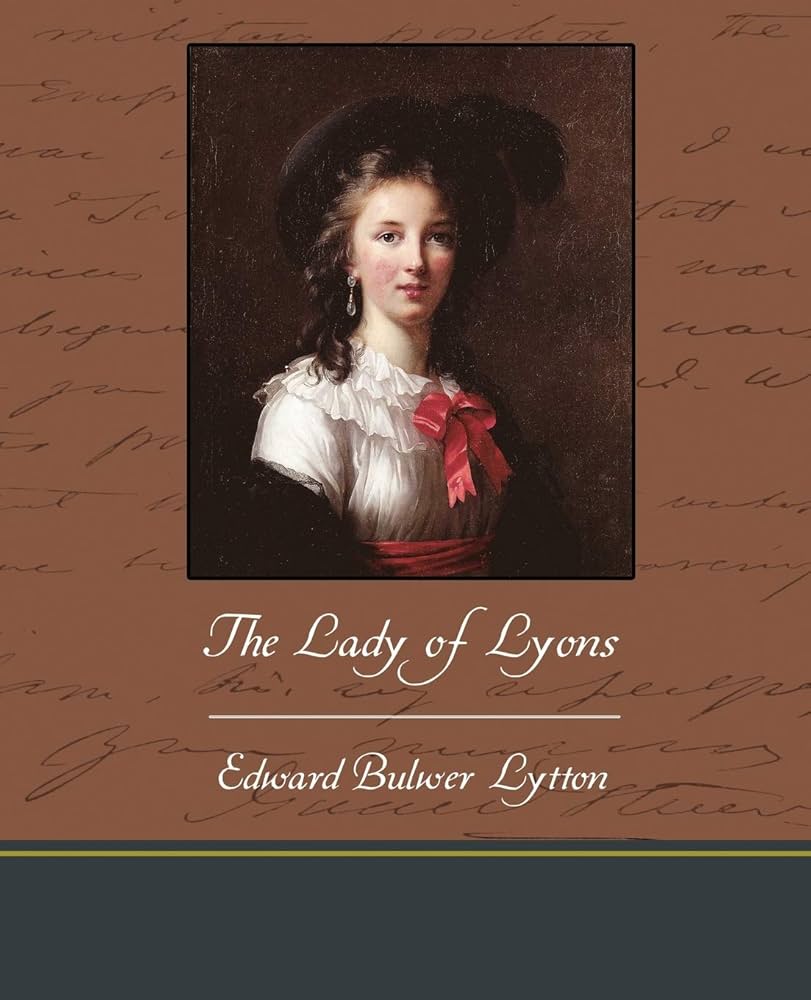Scene VIII — The Lady of Lyons
byScene VIII begins not with romance or grandeur, but with a simmering tension shaped by wounded pride and unfulfilled desires. Pauline’s dreams of marrying into nobility have not only defined her own decisions but have also deeply affected the men around her. Beauseant, once a respected suitor, finds his ego fractured after Pauline dismisses him for lacking a title. Though the Revolution promised equality, social divisions persist in hearts and minds, and Pauline’s ideal still clings to the old notions of class. This rejection doesn’t merely bruise Beauseant—it awakens a need to reclaim dignity by undermining hers. His pain festers into resentment, and Glavis, having faced similar scorn, aligns easily with Beauseant’s brewing plan. What begins as a romantic rivalry transforms into a darker ambition to see Pauline humbled.
Outside a modest village inn, their conversation grows sharper, dripping with sarcasm and bitterness. They don’t just want Pauline to suffer—they want her dreams dismantled, her pride brought low by the very social ladder she once worshipped. As they discuss the tools of their revenge, the landlord’s arrival offers an unexpected clue: Claude Melnotte, a local youth of rising fame. Described not as wealthy, but as a “genius,” Melnotte becomes an object of curiosity. His skills, his charm, and his mysterious appeal make him stand apart from other villagers. Beauseant and Glavis, intrigued, see in him the perfect pawn for their scheme. A man adored by the village but grounded in humble roots—Melnotte could be molded into something larger, something that looks noble even if it’s not.
Melnotte’s reputation is built on talent, not title. He is admired for his intellect, creativity, and quiet ambition. In a place where lineage matters more than merit, his rise unsettles traditional expectations. The villagers admire him because he is not trying to be them—he’s trying to be something greater. Beauseant and Glavis seize this contrast, imagining how Pauline, blind to Melnotte’s background, might be swept up in a fantasy. If they dress Melnotte in royalty, Pauline’s pride will lead her straight into their trap. It’s a cruel inversion: they intend to use Melnotte’s sincerity as a weapon and Pauline’s ambition as a weakness. The plan takes shape not because they trust Melnotte, but because they believe Pauline will never question a man who reflects her fantasy.
The emotional irony is sharp. Melnotte, who genuinely admires Pauline, is about to be used in a plot built on deceit. Pauline, who desires love wrapped in nobility, stands unknowingly on the edge of humiliation. And Beauseant, once a man scorned, now turns his pain outward, justifying cruelty in the name of balance. Pride, in this scene, is not just personal—it is contagious. Each character, in their own way, clings to an idea of identity that distorts their view of others. Whether that identity is rooted in nobility, intellect, or love, it becomes the lens through which they misread each other. What unfolds here is more than just a setup for drama—it is a study in emotional misalignment.
This chapter helps readers understand that love, when filtered through pride, often becomes performance. Melnotte, though gifted, is blind to how easily his dreams can be manipulated. Pauline’s longing for elevation blinds her to the heart behind the title. Beauseant, obsessed with revenge, loses sight of any lingering affection he might once have felt. These layered misunderstandings set the foundation for the larger tragedy. By introducing Melnotte as a village favorite with depth and brilliance, the narrative raises the stakes: the plot isn’t just about humiliating Pauline—it’s about corrupting someone who might have been noble in character, if not by name. And so, even before deception begins, the damage has already started.
Scene VIII does not rush. It unfolds carefully, placing its characters in position while allowing readers to understand the emotional stakes behind every decision. Melnotte’s upcoming role is not built on power or wealth, but on longing—making his fall, should it come, all the more painful. For Pauline, her idealism is both her charm and her flaw, making her an easy target for those who envy and misunderstand her. The lines between love and revenge blur, not through chaos, but through quiet plotting and emotional vulnerability. This chapter marks the moment when love ceases to be a pure force and becomes a tool—crafted, manipulated, and ultimately, weaponized. What lies ahead will not just test character but reshape it entirely.

